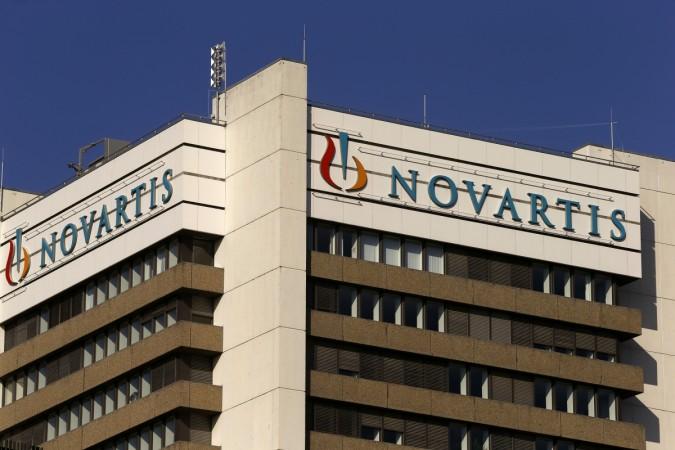
Swiss pharmaceutical giant Novartis announced Friday that the US Food and Drug Administration (FDA) has granted a Breakthrough Therapy designation to an under-trial treatment for certain adults who have been diagnosed with acute myeloid leukaemia (AML).
In a statement, the company said the designation for PKC412, or midostaurin, is based upon positive results from the Phase III RATIFY (CALGB 10603) clinical trial, where patients who are FLT3 mutation-positive and received midostaurin, combined with standard induction and consolidation chemotherapy, experienced "a significant improvement in overall survival."
Alessandro Riva, the global head for Novartis' oncology development and medical affairs division, said: "For more than 25 years, medical developments have been limited for AML patients and the chemotherapy treatment strategy has essentially remained unchanged. We look forward to working closely with the FDA to bring PKC412 (midostaurin), the first potential AML targeted therapy, to patients as quickly as possible."
According to the National Cancer Institute, there were nearly 21,000 cases of AML in 2015 in the U.S., representing 1.3 percent of all cancer cases. About 0.5 percent of men and women will be diagnosed with AML at some point during their lifetime, according to the NCI, based on 2010-2012 data.
The latest development could help Novartis cope with competition from rival company Roche, which recently received a nod from the FDA for ocrelizumab, an under-trial treatment for primary progressive multiple sclerosis, according to Reuters.
Because midostaurin is under trial at this time and is expected to be submitted to the FDA for approval, Novartis has opened a Global Individual Patient Program (compassionate use programme) and an Expanded Treatment Protocol (ETP) to enable access to midostaurin, the company statement said. Patients 18 years of age and older with newly-diagnosed FLT3-mutated AML and able to receive standard induction and consolidation therapy, will be considered.

















